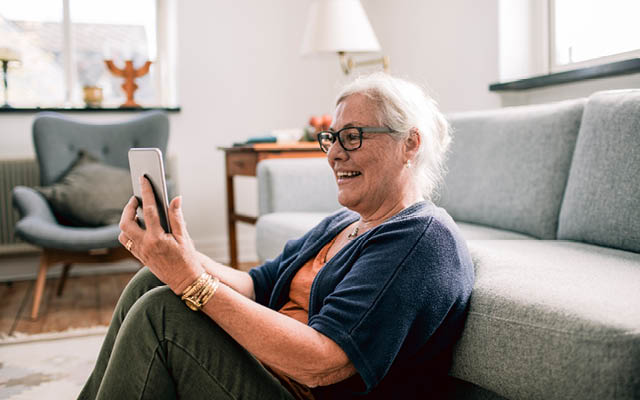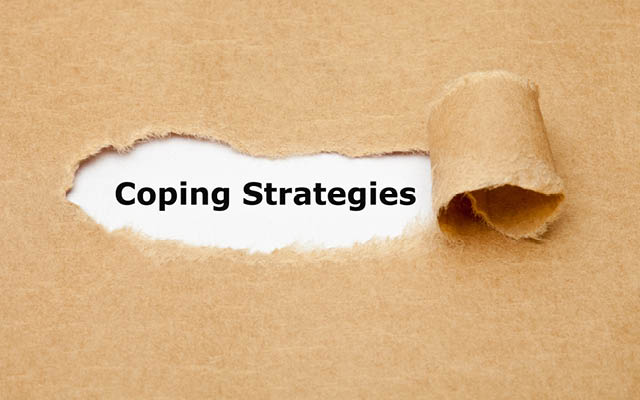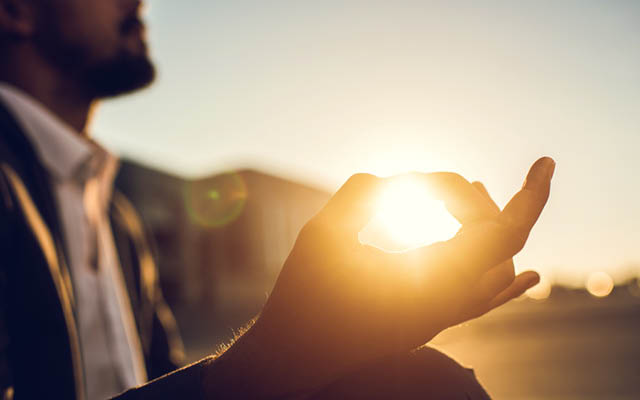As Italians are quarantined in their homes due to the COVID-19 outbreak, some have begun performing balcony concerts — spinning DJ sets for their neighbors, playing violin through their open windows, and leading sing-alongs that included every voice within earshot. One popular video shows a musician playing the trumpet on his balcony, his rendition of John Lennon’s “Imagine” reverberating down the city’s streets.
Though the United States isn’t on lockdown, experts have urged people to practice “social distancing” to slow the spread of the novel coronavirus, which includes limiting nonessential outings and maintaining a distance of 6 feet or more from others. On Monday, the White House issued guidelines recommending against gatherings of more than 10 people. Schools across the country have canceled classes; in many cities, bars and restaurants have closed temporarily or are limiting services.
As a community mitigation strategy, social distancing may be the best tool we have. By limiting contact with others and minimizing your time in public spaces, you reduce your odds of contracting the virus and the likelihood that you’ll spread it to other people, which may be possible to do even if you aren’t showing symptoms. This is why it’s critical for even low-risk individuals to practice social distancing — your actions could save lives in your community by “flattening the curve” and slowing the disease’s spread, helping to prevent a huge spike in illnesses that could overwhelm our healthcare system.
And yet in this time of anxiety and uncertainty, maintaining community connections — from a safe distance — is perhaps more important than ever. We know that strong social ties are vital for both physical health and emotional well-being. Friendships help us live longer, boost our immune system, and reduce our risk for depression. They can also bring us joy, pleasure, and a sense of belonging and support in the most difficult times.
In a recent appearance on MSNBC, former U.S. Surgeon General Vivek Murthy, MD, predicted a social recession in the wake of these distancing measures, and called on people to make an effort to reach out to friends and family to mitigate feelings of loneliness and social isolation. Stay connected to the ones you love with these strategies.
Reach out to your social circle
Even if you’re not typically one to pick up the phone, this is a good time to touch base with the people you care about. “This situation actually offers opportunities to create more community and strengthen your relationships,” says Margot Schulman, mindfulness expert and author of Choose Love: A Simple Path to Healthy, Joyful Relationships. “Connecting with others will remind you that we’re all in this together.”
Check in with those in your life who are at high risk of severe illness from COVID-19, including older adults and people with autoimmune disorders or other chronic medical conditions. If you’re healthy and have a low risk of exposure, offer to pick up groceries or other supplies for your higher-risk friends — just shop at off-peak times, keep your distance from others, and wash your hands before and after.
Over the next several weeks, maintaining strong social connections may be especially challenging for those who struggle with anxiety and depression, for whom changes in routine and long periods of time indoors can be particularly difficult. If that’s you, be willing to ask for support.
“Whatever you’re feeling and however you’re struggling, other people are, too,” Schulman explains. “You have this opportunity now to show your love for others when you can, and to allow others to show their love for you.”
Take advantage of technology, but be mindful of social media
When you can’t talk in-person, video chat platforms like Skype and FaceTime are the next best thing. Though no replacement for the many benefits of face-to-face interactions, video allows for nonverbal communication — so we can read things like facial expression and body language — which can be particularly useful when trying to tune in to another person’s feelings. You could even plan a virtual coffee date or schedule a call with a friend while walking outside, Schulman suggests.
As COVID-19 has spread across the globe, people are using social media as a tool to bridge physical distances — to share information and resources, to invent creative solutions for the problems of our new normal. On Twitter and Facebook, you can find tips on where the stocked grocery shelves are in your neighborhood, information on places in need of donations, and updates on business closures. You can also stream a yoga class on YouTube, host a dinner party on Zoom, or participate in other virtual social activities, like book clubs or art classes.
And yet, as ever, social media also creates high potential for overwhelm and misinformation. If you do feel inclined to share news updates, rely on a trusted source (like the WHO or the CDC). And if you’re feeling anxious about the constant news updates, consider limiting your time on certain platforms or deleting them altogether.
However you choose to use social media, be sure you’re also investing time and energy into your individual relationships, says Schulman. “Staying connected with those people in your life will remind you both that you’re not alone and that you’re loved.”
Focus on the local
Depending on where you live, your local businesses could be facing serious financial impacts from decreased traffic and temporary closures. If you’re able, try looking online to see if you can buy gift cards from a few of your favorite spots, and make a plan to visit when the risk is lowered. When you do go out, try to patronize small businesses rather than large chains.
These kinds of investments in your community are especially valuable in uncertain times, and it will feel good to help in whatever way you can. “You can choose to focus on making the best out of a challenging situation, to remember our common humanity and expand your capacity for compassion,” Schulman advises.
Of course, quarantining also means plenty of time to spend with the ones in your inner circle. Whether that means more time reading with your kids who are home from school, going for a walk with your spouse, or watching a movie with a friend via Skype, try to use this chance to invest in those relationships. “Difficult situations offer the opportunity to strengthen these close bonds,” Schulman explains. “You and your loved ones will remember this time for the rest of your lives. How do you want them to remember you?”




This Post Has 0 Comments